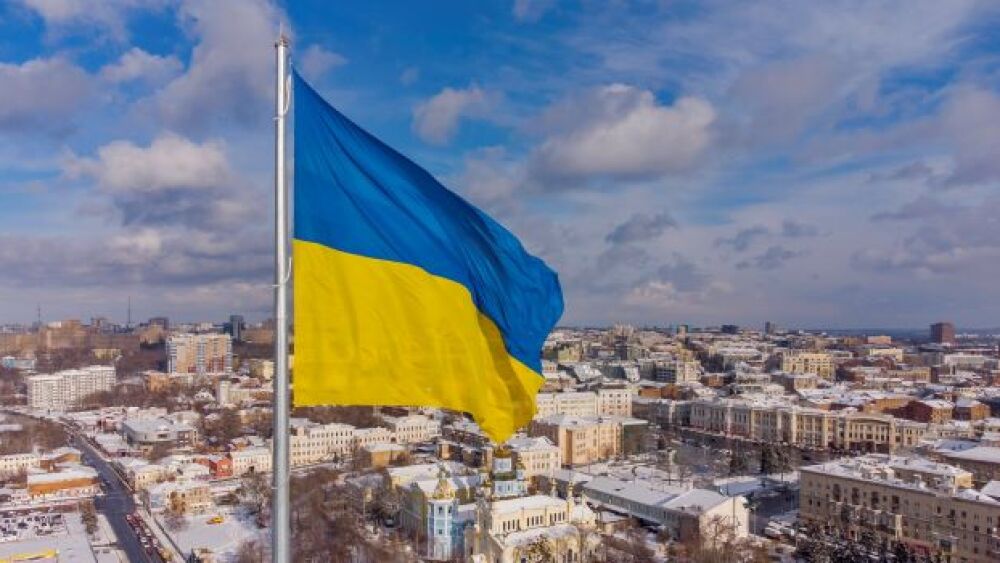Three months after the invasion began, Yurii Moroz, the executive director of Kyiv-based Chemspace LLC, has returned to his offices to restart operations.
For months, Russian artillery has bombarded Ukraine as it continues its invasion, causing untold death and destruction to the lives of the people in that country. The invasion also disrupted a thriving chemical production resource that is vital to the global pharmaceutical industry. But, as Ukraine’s military continues to beat back the larger Russian forces, there may be signs of recovery within the nation’s life sciences business.
Three months after the invasion began, Yurii Moroz, the executive director of Kyiv-based Chemspace LLC, has returned to his offices to restart operations. Chemspace maintains one of the largest online catalogs for small molecules and biomolecules that are used by pharmaceutical researchers across the globe. Although his nation remains at war with Russia and parts of Ukraine are under regular bombardment, Moroz aims to bring Chemspace back online to support the researchers who have seen a slowdown of work due to supply chain issues caused by the disruption of war and other global events.
Prior to the war, Ukraine was home to a thriving chemical compound industry. Along with Chemspace, companies like Life Chemicals, OTAVA and Enamine all ran successful operations from Ukraine. As BioSpace previously documented, Ukraine’s significance in medicinal chemistry dates back to the days of the Soviet Union. Following the 1991 collapse of the Soviet Union, former scientists were able to establish companies and market a collection of chemical compounds to western drug developers. Many of those compounds were unknown to the western world at that time.
Prior to the war, BioSpace noted that many Enamine scientists took it upon themselves to ship crucial compounds related to their work to secure locations outside of Ukraine.
In a column penned in Nature, Moroz described the toll the war has placed on the people of Ukraine, as well as his own personal journey over the past three months since the invasion began. Although he is slowly bringing Chemspace back online, Moroz noted that business operations continue to be disrupted by air raid sirens that force them to seek shelter.
“I write this from my office - and sometimes from our air-raid shelter, a small room on the ground floor, tucked under the stairs with a kettle, tea, a store of bottled water and six chairs arranged around a desk,” Moroz said. “When the sirens start, we unplug our laptops, take our personal documents and plod down the stairs.”
The Chemspace office once regularly had about 35 people working in it. Some of those employees fled the country ahead of the invasion, while the men, such as Moroz, were required to remain behind and fight the Russians. Moroz’s wife and children were among those who escaped the invasion. Today, he said there are about eight people working in the office, conducting business as best they can, given the circumstances of war. He noted that some work travel has resumed for Chemspace.
Earlier this month, Moroz said the company’s business-development team traveled to Switzerland to attend Swiss Biotech Day. There are other such trips planned over the next several weeks.
“Sometimes people ask me why I’m working, not fighting. Sometimes I ask myself that, too. We feel it’s important for us to do our part, as providers of crucial materials for scientists, but also as Ukrainian citizens,” he wrote. “As long as our business continues to function, we can continue to pay our staff and our taxes, which support this country’s military. Even as the war continues, Ukraine must keep working as a country if there is any hope of an end.”





